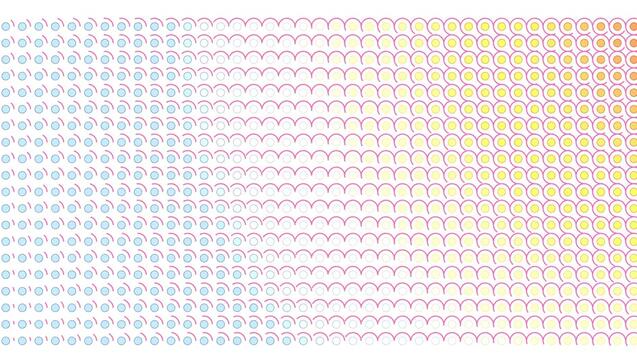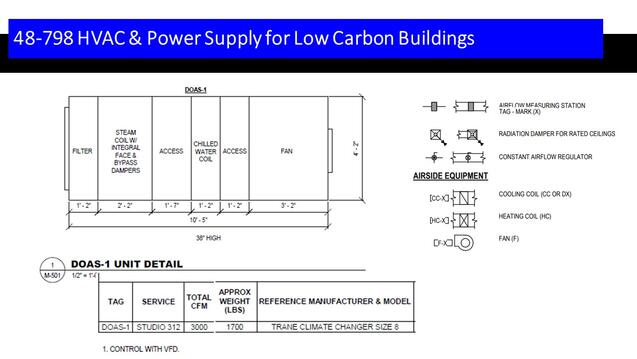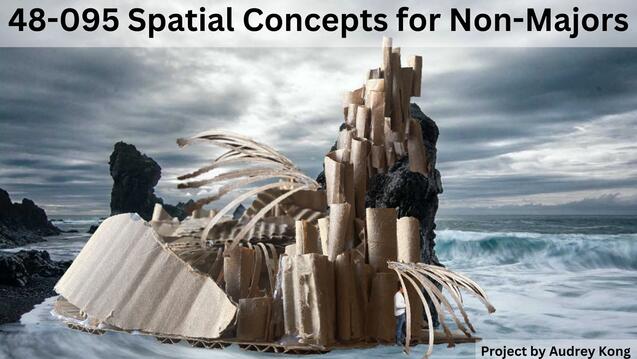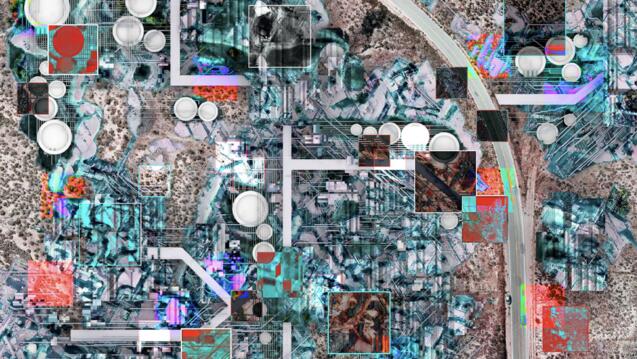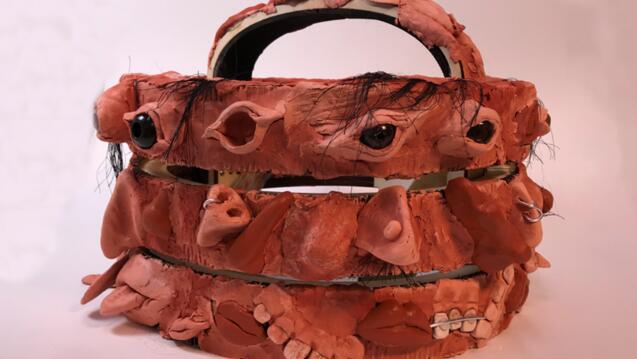This course introduces students to the fundamentals of generative modeling using computer aided design as practiced in the field of architecture.
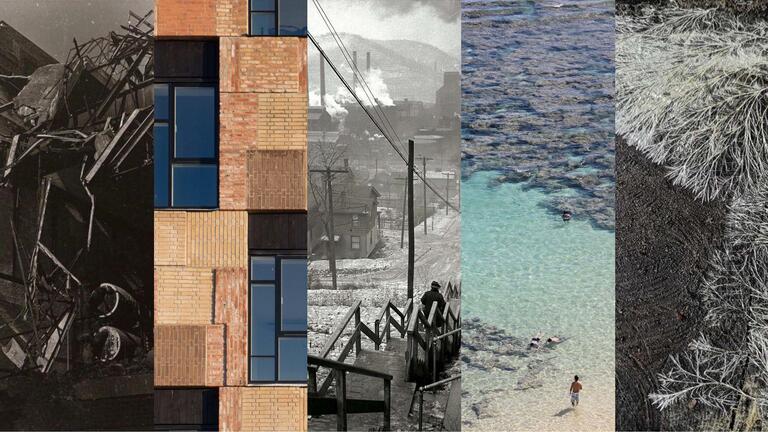
Courses
Fall 2024
Image Credit: Louis Suarez, Kirman Hanson, Longney Luk, Colleen Duong, Tanvi Harkare
The Master of Advanced Architectural Design (MAAD) program culminates with a design thesis in the final year of studies. This two-semester independent project allows students to conduct design research and develop a project on a topic they have defined in consultation with the program track chair.
This graduate course focuses on heating, cooling, ventilation and power supply systems for new and future commercial buildings. It introduces HVAC and power supply needs and system choices likely to produce comfortable and healthful buildings that help us move toward a zero-carbon future.
In this course, students learn how to use a Geographic Information System (GIS) to investigate spatial relationships, patterns and processes of cultural, biological, demographic, economic, social, environmental, health and other phenomena.
This course serves as an introduction to the spatial concepts of architecture for students from other disciplines. The hands-on course is focused entirely on project design work.
This design research seminar pinpoints architectural and urban detail as a point of departure to understanding socio-ecological systems in the worlds around us. While the conventional “detail” in architecture and urban design normalizes professional values, we will look to the mundane to nurture a critical appreciation of material culture, landscapes and people.
Keywords: Design Ethics, Design Research
This course provides practice in the use of color to depict architectural surroundings. A central objective is that by the end of the course students will have good judgement in evaluating color hue, value and temperature and gained confidence in the use of watercolor.
This course is geared towards undergraduate and graduate students to assist them with preparing their resumes and portfolios for job searches.
This course is geared towards graduate students who are seeking an internship or new employment opportunities. Focus includes building networking skills, verbal and communication skills and how to increase their human capital.
This course prepares students for modeling geometry through the scripted development of parametric schemes, primarily for design applications. The goal of the course is to introduce students to basic scripting in a geometrical modeling environment with a focus on form-making algorithms, and to reinforce and extend basic concepts of parametric modeling.
This project-based design seminar concentrates on how critical design theory and powerful storytelling might pave the way for a more responsible, equitable and exciting future.
Through transdisciplinary methods and a framework of thinking and practice that this course terms “Unreasonable Architecture,” the course aims to introduce a more expanded knowledge framework of meaning that includes indigenous systems and spatial technologies that sit outside the constraints of modern reason and economic legibility.
